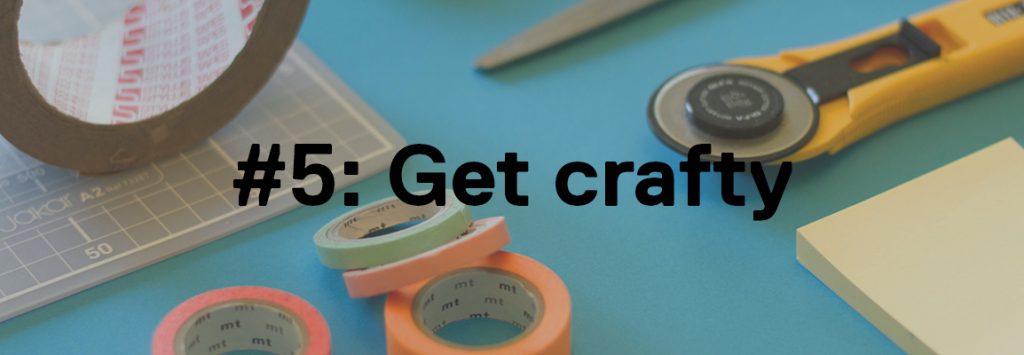Exam and deadline season can be a stressful time no matter what period of your life you’re at – whether it’s GCSEs, A-Levels or during your degree. It’s completely normal to feel a bit overwhelmed and unsure of where to start in terms of your revision or research. However, getting your head in the books doesn’t always have to feel like a chore, so I put together some of my favourite study and revision tips alongside other student’s tips, so you no longer have to resort to all-nighters and several cups of strong coffee!☕
??your

Tip #1 – Record Yourself
Sometimes when you read and re-read a paper or a piece of research the information doesn’t always stick in your head right away. Making some quick notes on the topic and then sitting down and trying to explain it out loud, in your own words, can really help you memorise information longer and also help your understanding. If you record yourself you can listen back for revision and another plus is that if there are parts of the topic you didn’t explain well or struggled with, then you know where you need to focus your studying more or ask for help on.

Tip #2 – Treat your studies like a 9-5 job
A fantastic tip sent in by Literature graduate Dani (@danidevenney) – Dani says to treat your studying like a 9-5 job, so you don’t feel guilty in the evenings. By implementing a routine, you will help your focus and concentration as you will teach yourself that during these hours you must be doing things relevant to your studies whether it’s revising for an exam, doing required reading or writing up the first draft of an essay. Give yourself an hour’s lunch break like at a work day and then at 5pm you can go home and relax. This can also help reinforce a healthy sleeping pattern which will improve your memory.

Tip #3 – Quiz Night with Coursemates
Now this tip might only work for particular courses as not every subject or degree has pragmatic answers in exams and coursework. However, if say you and your coursemates have all had to read a particular piece of literature for an upcoming deadline or you have to memorise information for an exam – get together and have a quiz night. Create a pack of relevant questions and answers and get into teams and quiz each other. Hopefully the competitive streak will help you remember information and also have fun.

Tip #4 – Handwritten notes > Computer notes
One of our own MSc Biotechnology students Maitrali (@maitralirelekar) sent us the tip ‘Make your own handwritten notes and go over them 4-5 times before the exam’. Maitrali has a very good point about writing up your study notes by hand instead of by typing. Research has shown that writing down notes during a lecture increases your focus as well as helping forge new ideas and increasing creativity! So, invest in some lovely coloured highlighters or a notebook that you feel happy carrying around and switch to handwritten notes.

Tip #5 – Get Crafty
Now you don’t need to go full out Art Attack but creating a colourful and bright poster or physical representation of what you’re learning can make memorising and learning new topics a lot more fun! You can even convince your coursemates to join in. Try your best to think outside the box of the typical mind-maps you’d make in high school. Use cut-outs from old magazines and newspapers to experiment. I personally had to make an academic poster for the first time this year in university and I felt the process helped me absorb the material better and understand it more than I would have from just reading it.

Tip #6 – Podcasts
Another great Instagram submission from James Scott (@jc_scott12). Podcasts are all the rage right now – with Ofcom stating that in the UK alone 6 million adults tune into them every week. Luckily if you prefer to listen than read, there are quite a lot of podcasts that are educational and factual. So, when you aren’t in the library and have your headphones in, maybe switching to a podcast relevant to your subject might help cram in some extra information. Like James said, pop one on whilst you’re in the gym, or maybe listen on the bus home. Some incredible educational ones include the Ted Talks Daily podcast, Stuff You Missed in History Class podcast or there’s even podcasts for learning languages such as the Coffee Break podcast series!

Tip #7 – Treat yourself!
…But only if you actually get some studying done, of course. If you’re really struggling to find the motivation to revise and work, I sometimes like setting up a reward system for myself or even getting a friend to reinforce one. For example, say if you and your friend both needed to get work done, you could arrange to study together for 4 hours in the library and say, ‘If we both get one draft of work done, we can go to the Students’ Union after!’. Your reward doesn’t have to involve spending money it could be that you treat yourself to watching a couple of episodes of your favourite show after working! The trick is to make sure you actually do some work or studying before you let yourself have a treat or reward.
So that’s some of our fun study tips, do you have any of your own??

Good luck to all our applicants who are awaiting their upcoming A-Level results or working on NVQs or BTECs, remember you will absolutely smash it and we can’t wait for you to join us here at the University of Salford!?✨





Leave a Reply